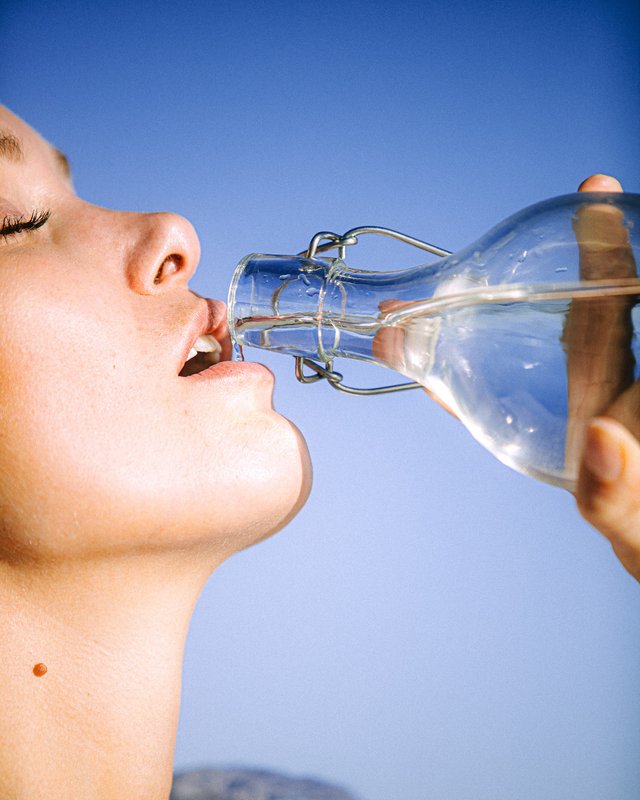
The Importance of Optimal Water Consumption for a Healthy Lifestyle
The quality of water you consume plays a crucial role in determining your overall health and well-being. Healthy drinking water should be free from any physical, chemical, or biological pollutants, while also containing the right balance of essential nutrients for your body. It begs the question: have you been drinking the right water all these years?
Access to clean and wholesome water is vital for maintaining excellent health. Water is an essential component of numerous bodily processes and constitutes approximately 60% of the human body. Unfortunately, not everyone has the privilege of accessing clean water, and this significantly impacts their health. According to the World Health Organization, nearly one million people lose their lives each year due to water, sanitation, and hygiene-related diseases that could be prevented with access to safe water and sanitation facilities. Moreover, children who lack access to clean water are prone to poor health, malnutrition, and educational setbacks. To promote good health and well-being, it is crucial to ensure that everyone has access to clean and safe water.
Proper hydration and regular water intake are also essential for optimal health. Water is a vital nutrient, constituting a significant portion of an adult's body weight. Dehydration can lead to various health issues, including cognitive impairment, mood swings, and other ailments. While most healthy individuals can maintain adequate hydration by drinking water and other fluids when they feel thirsty, certain individuals may require higher water intake levels. Therefore, it is important to maintain optimal hydration throughout the day by consuming an adequate amount of water and other hydrating beverages.
Furthermore, the quality of water directly impacts public and environmental health. Changes in water quality, quantity, and natural cycles can profoundly affect different aspects of human existence. Contaminated water can give rise to numerous health problems, such as gastrointestinal disorders and neurological complications. To prevent contamination, it is imperative to safeguard and manage water sources properly. Effective water resource management, increased water supply, and improved sanitation also contribute to economic growth. Thus, ensuring access to clean water is not only crucial for individual health but also for the overall well-being of the environment and society as a whole.
The purification process often involves the use of various chemicals, and one commonly used chemical in water treatment is Maleic Anhydride.
Access to safe and readily available water is essential for maintaining public health, whether it is for drinking, household use, food production, or recreational activities. Improved water resource management, enhanced water supply, and better sanitation practices have a significant impact on reducing poverty. In 2010, the UN General Assembly formally recognized the human right to water and sanitation. Every individual has the right to sufficient water for personal and domestic use that is continuously available, safe, acceptable, physically accessible, and affordable. However, billions of people still face daily challenges in accessing safe water.
Significant geographic, sociocultural, and economic disparities persist, not only between rural and urban areas but also within towns and cities. Residents of low-income, informal, or illegal settlements often have limited access to improved sources of drinking water compared to other residents. This disparity poses a major hurdle in achieving access to safe drinking water.
Contaminated water and poor sanitation can lead to the spread of diseases such as cholera, diarrhea, dysentery, hepatitis A, typhoid, and polio. The absence or inadequate management of water and sanitation services exposes people to avoidable health risks. This is particularly critical in healthcare facilities where the lack of water, sanitation, and hygiene services increases the risk of infections for both patients and healthcare workers. Worldwide, 15% of hospitalized patients acquire infections, with the percentage being significantly higher in underdeveloped nations.
Improper management of urban, industrial, and agricultural wastewater has resulted in the chemical or hazardous contamination of drinking water for millions